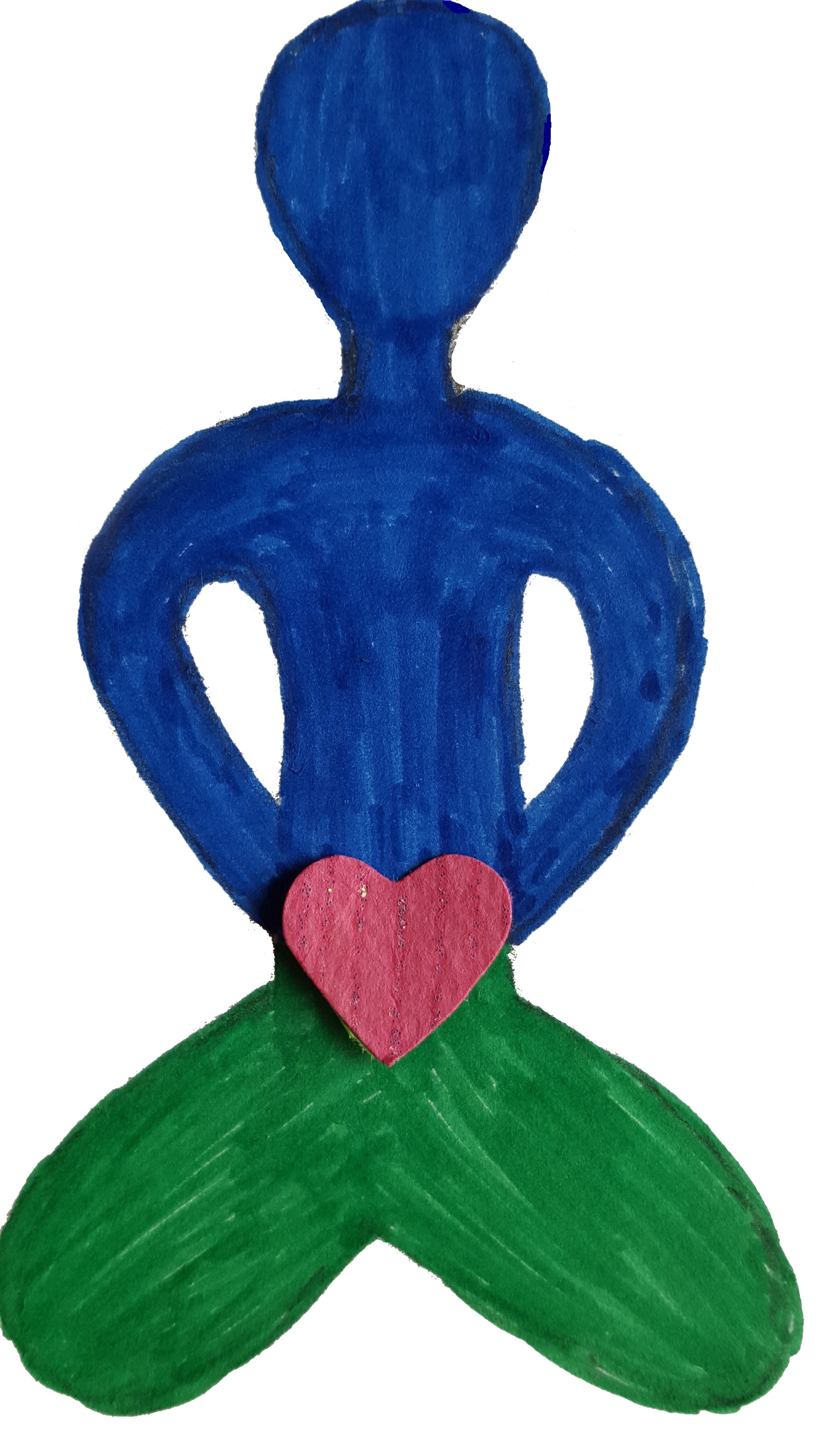After living and spending all my time over ten days alongside strangers I never spoke to and who’s names I did not know, I was sought out for two different conversations. Both conversations referred to various times when I acted to be helpful in subtle ways during the shared silent mediation retreat.
One girl sat down across the table from me and beaming in gratitude, said, “Thank you for your help. I couldn’t tell you before, with the silence, but thank you.” She then went on to tell me how she broke her arm before coming to the medication center.
Another girl walked up to me, taped my shoulder and seriously asked, “Can I speak with you?” a request followed by a repeated assertion of “you were wrong” with not much further sharing, no dialogue or question. If the help I offered earlier had come with words, I would’ve looked to them, dissecting vocabulary, culture and tone to try to share responsibility for her mood. As it was, there were no words exchanged, only my pointing to a sign. This allowed me, for the first time, to practice the teaching I was receiving.
The teacher leading the mediation course taught that our work is always individual and internal. From him, I understand my work isn’t to accept gifts of negativity, that is, to not allow my thoughts to criticize others or myself. My work is to not to cling to receiving praise nor fearfully try to avoid verbal spewing of agitation, rather to hold a wholesome internal place as constantly as possible.
Of course, my work also isn’t to understand the difference between the two ladies. It isn’t just to generate love and compassion for them equally either, but to generate more for the girl who experiences the misery of her negativity. Having great compassion for her became easy when I thought about how she held on to the frustration.
Leaving with these contrasting interactions, I want my lack of silence to be a mediation, a thoughtful and loving exchange.
